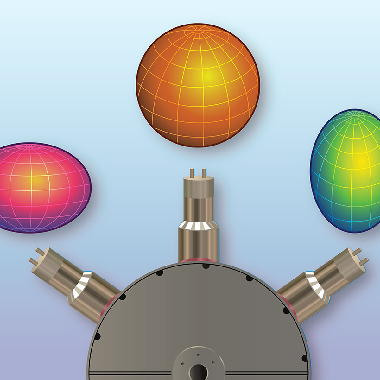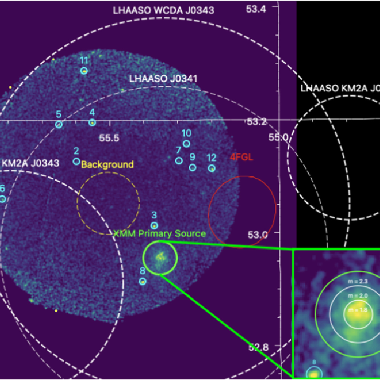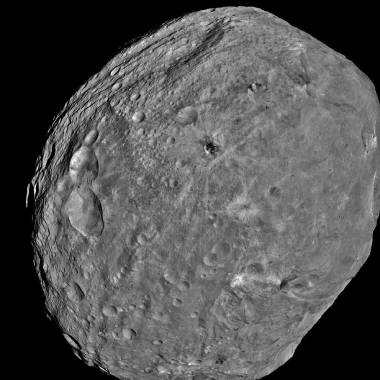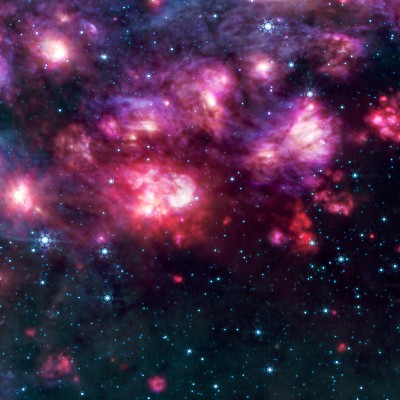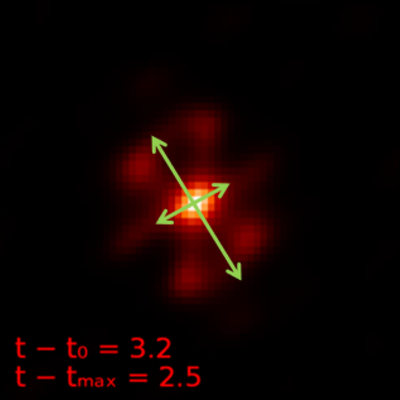- Measurement of atmospheric neutrino oscillation parameters using convolutional neural networks with 9.3 years of data in IceCube DeepCore
-
IceCat-1: The IceCube Event Catalog of Alert Tracks, R. Abbasi et al 2023 ApJ956 20 - Search for Extended Sources of Neutrino Emission in the Galactic Plane with IceCube,R. Abbasi et al 2023 ApJ956 20
- Evidence for neutrino emission from the nearby active galaxy NGC 1068, Science 378, 6619, 538-543 (2022)
News and Activities
Recent Publications
Outside the Lab
- April 2024: The group show-cased a particle astrophysics booth at the STEM expo during the MSU Science Festival. The booth featured a cloud-chamber demo and event displays of various neutrino and gamma-ray experiments, and engaged visitors of all ages.
- April 2024: Dan Salazar defends his PhD thesis, "Leveraging Multi-messenger Astrophysics for Dark Matter Search". Dan joins the MSU group as a postdoc in Summer 2024.
- April 2024: Finn Mayhew, Jeanne Garriz and Jean Pierre present their work at the APS April Meeting in Sacramento, California
- November 2023: Jean Pierre presents his work on track reconstruction for P-ONE at the National Society of Black Physicists Conference in Knoxville, TN.
- October 2023: MSU hosts the binannual IceCube collaboration meeting in Grand Rapids, Michigan.
June 10, 2025
A team of researchers at the Facility for Rare Isotope Beams (FRIB) discovered that cobalt-70 isotopes form different nuclear shapes when their energy levels differ only slightly.
June 9, 2025
Shuo Zhang and her group led two studies that shed new light on where cosmic rays might have come from.
April 28, 2025
Michigan State University has contributed to research revealing Vesta's interior structure is more uniform than previously thought.
April 4, 2025
Adami is being recognized for significant contributions across multiple scientific fields including evolutionary biology, neuroscience, and artificial intelligence.
March 28, 2025
“This year’s class of fellows are the embodiment of scientific excellence and service to our communities,” said Sudip Parikh, AAAS chief executive officer and executive publisher of the Science family of journals
